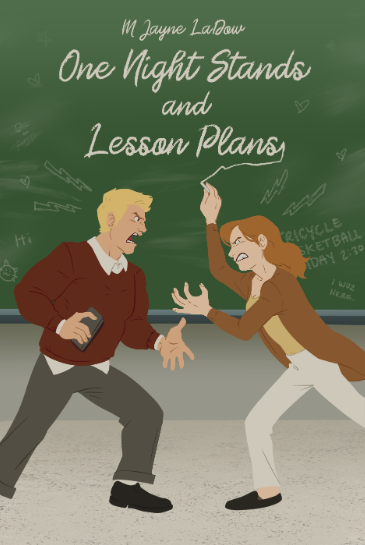>
This post is part of a virtual book tour organized by Goddess Fish Promotions. The author will be awarding a $10 Amazon/BN gift card to a randomly drawn winner. Click on the tour banner to see the other stops on the tour.
Modern society has reached a critical juncture in its existence. Like past civilizations ours has reached a point where its future is far from certain, with its decline, or even collapse, being distinct possibilities.
The Incas, the Mayans, the Romans, the Rapanui, and many others, had seemingly successful societies, yet collapsed when faced with challenges that threatened their continued existence.
Are we to suffer the same fate? What could possibly cause our downfall?
Climate change and environmental issues? Perhaps. It is now almost a certainty that these events are destined to inflict catastrophic damage to our global society. Our coastal cities and island nations, as well as our global economy and agricultural output, will be irreparably damaged. Many of Earth’s species, as well as the lives of many millions of people, will be displaced or lost forever.
Such a fate may still be averted, but that opportunity has largely passed. Even if we are able to correct the climatic and environmental issues threatening our society, we must still recognize and address the ultimate source of our problems. For if we fail, a far worse fate potentially awaits us.
Our Global Crisis is an eye opening look at the common weakness shared by societies and civilizations both past and present. But analysis of the problem alone will not solve the global crisis we now face. Thus, the final chapter is dedicated to the simple, yet critical solutions, necessary for our very survival.
Enjoy an Excerpt
Humans stand at the pinnacle of evolutionary success. Highly intelligent and curious, with the capacity to reason, it is within our nature to be caring and compassionate. Capable of modifying our environment, we have created an interconnected global society of such magnitude and complexity that it stands apart from all others that have come before it. Yet our society has reached a critical stage in its development. Like past civilizations, ours has reached the point where it is most susceptible to failure.
We face this critical point in our continued existence due to shortcomings in our nature. For although we are the product of countless millennia of evolutionary improvements, we are nevertheless an imperfect species.
Our imperfections have contributed to our setbacks on many occasions. Civilizations and complex societies, including, the Incas, the Mayans, the Romans, the inhabitants of Rapa Nui (Easter Island), and others, all suffered significant setbacks, or collapse, seemingly at the height of their existence. Our global community too, now faces its own challenges.
The question we must ask ourselves is: Do we have the desire and the willingness to change, not only our society, but the very nature of who we are? Changes that will allow us to thrive and adapt to realities we face as we enter the Anthropocene era. The answer?
Perhaps.
About the Author: Brian McLean, ART, is a former Medical Laboratory Technologist and Information Systems Specialist. Drawn by his passion for the outdoors, he shifted from a successful career to spend nearly two decades working for a family run orchard business. A passionate conservationist and environmentalist, Brian is also a keen observer of human nature and humanity’s interaction with the biosphere. Based on those observations, he has been meticulously compiling and crafting Our Global Crisis over the last 22 years. Currently, he is working to restore riparian and temperate forest ecosystems affected by clearcut forestry practices, and when he needs to decompress, he spends time under the stars delving into his other passion, astrophotography.



























Thank you so much for featuring OUR GLOBAL CRISIS today.